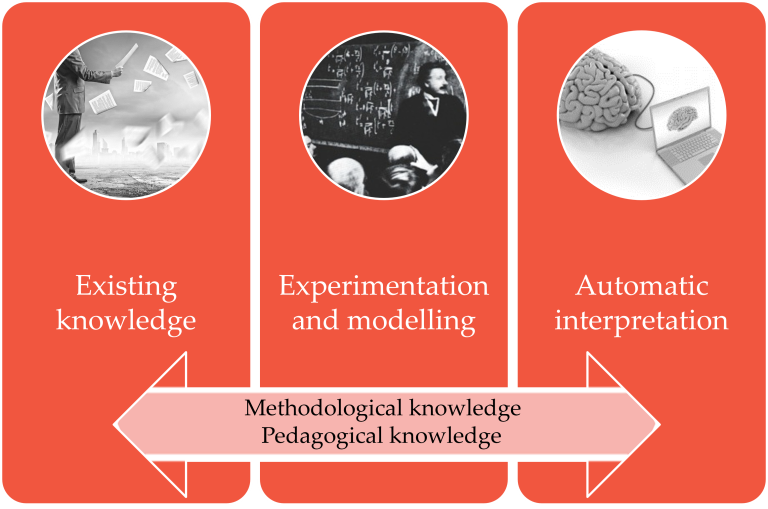Human and Machine based Intelligence in Learning (Humble)
Overview
Research group description

Machine learning (similarly to, e.g., data mining and pattern recognition) consists essentially of unsupervised and supervised methods, for which the learning means determination of the data-driven model’s structure and estimation of its free parameters. This is based on mathematical formulations, the so-called learning problems, and related training algorithms that enable utilization of the obtained models in different applications. The central application domain is to study human learning, in the context of quantified assessment of pedagogical arrangements and technology-rich environments.
In case of Humble, we especially develop and advance learning analytics, but actively collaborate in many other research fields. The group has currently very strong and versatile position concerning the interdisciplinary research collaboration at the University of Jyväskylä. Our main fields of joint research activities are related to decision analytics, learning sciences, neurosciences, and nanoscience. We are involved in the two thematic research areas funded by the Academy of Finland: Multidisciplinary Research on Learning and Teaching – Phase II (MultiLete2) and Decision analytics utilizing causal models and multiobjective optimization (Demo).
Our research efforts are part of the following profiling areas of JYU that have been funded by the Academy of Finland: LearnDigi - Digitalization in and for learning and interaction (2023-2028), The behaviour change, health, and well-being across the lifespan – from basic research to implementation (BC-Well, 2019-2023), Multidisciplinary Learning (2018-2022), Decision analytics (2017-2021).
Mission
We integrate the development of reliable, scalable, interpretable, and open machine learning and data analysis methods with collaborative activities, most prominently joint R&D and PhD education in HEIs and with industry. The main research domains consist of (but are not limited to) learning analytics, educational technology, nanomaterial design, and brain research.












